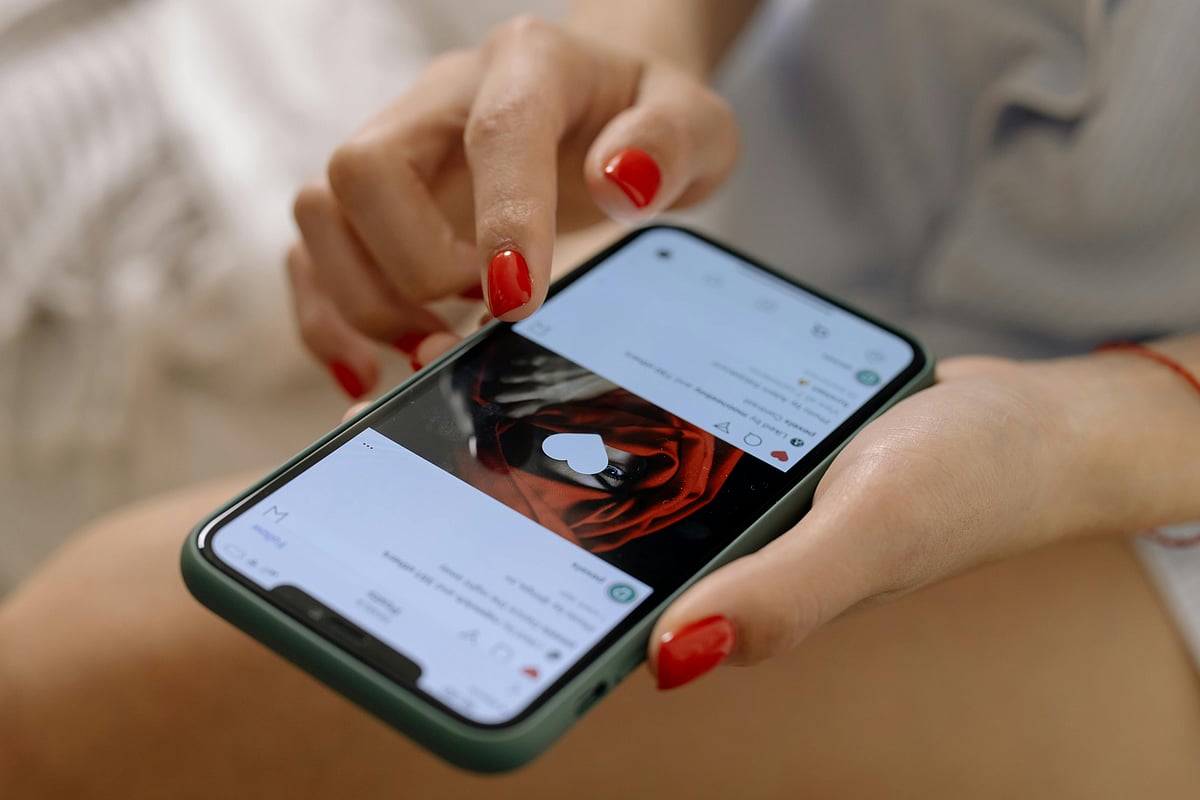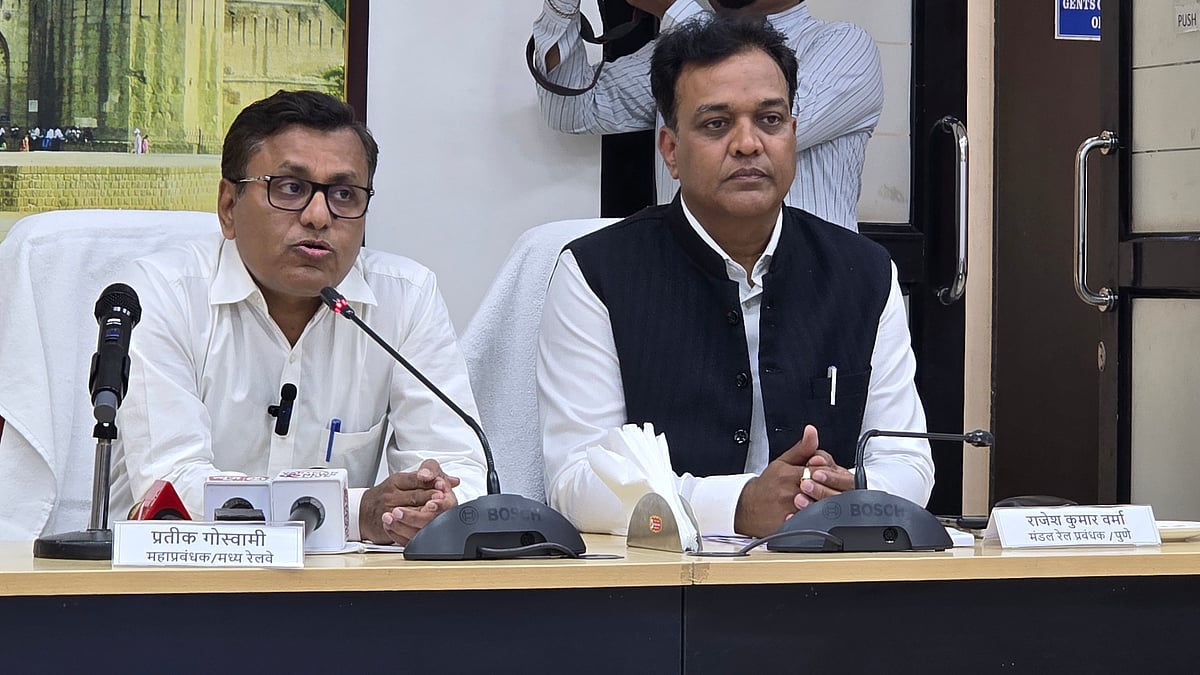Since 2019, I have been teaching Sociology to law students in Pune, and over the past six years, I have witnessed a quiet yet profound change. Earlier, classrooms, corridors, and canteens would echo with chatter, laughter, and arguments over movies, politics, debates, discussions or cricket. Today, the sound has dimmed. Students sit together, but their eyes are not on each other. They are fixed on glowing screens, thumbs moving in endless motion.
Our brain simply cannot do deep work while juggling reels
A few months ago, one of my brightest students made a confession that struck me. She said, “Ma’am, earlier I would revise for two hours straight. Now I sit with my books, but every few minutes I check my phone. I forget what I was studying, and it takes me forever to get back.” Her grades had slipped, and with that, her confidence. Sadly, her story is not unusual - it is what I see in classroom after classroom.

This isn’t just an individual struggle; it’s a pattern. The brain simply cannot do deep work while juggling reels, texts, and endless notifications. A student of mine, during his first semester of B.A. LL.B. program was one of my most enthusiastic students. He was quick to raise his hand during classroom discussions, always curious, and his grades reflected his sharp mind and hard work. Teachers admired his confidence, and his peers often looked up to him for guidance. By the time the third semester began, I noticed a change in him. He was quieter in class, his energy subdued, and his performance began to dip. One day, concerned about this change, I spoke with him. He said, “Ma’am, earlier, I used to do self-study with my class notes for hours and without distraction, but now, I barely manage 10 to 20 minutes before my phone distracts me - reels, messages, constant notifications. By the time I return to my books, I can’t even remember where I had left off.” His grades slipped in the third semester. The focused and disciplined boy who once thrived, now found himself caught in a cycle of distraction that drained both his motivation and self-belief.
Increased anxiety, poor sleep, eating disorders, and even depression
The culture of “scrolling” took off with Facebook, later amplified by Instagram, YouTube, and now reels. At first, it seemed harmless - even exciting - to connect with people across the world. But soon, scrolling became an addiction.
Recently, during an informal discussion in the classroom, a student confessed that even during family dinners, he sits with his phone under the table, refreshing his feeds. “What if I miss something important?” he asked innocently. FOMO - The fear of missing out is no longer a phrase; it is a lived reality.

What is the cost of this? Increased anxiety, poor sleep, eating disorders, and even depression. The Centres for Disease Control and Prevention (CDC) links excessive screen time to rising loneliness. A few days back, a news report was published regarding a report by the state health department that has revealed something shocking: in just one year, cases of stress among school children rose by 160%. Doctors have expressed concern over this trend, and psychiatrists point to intense competition, identity struggles, lack of playgrounds, and, above all, overuse of mobile phones as the main reasons.
Mobile phones have become companions
As part of the District Mental Health Programme, mental health sessions were conducted in schools and colleges across the state. In 2024- 2025, a total of 2,779 sessions were held, during which 13,699 school students were found to have stress-related issues. Of these, 9,459 students underwent medical treatment. In comparison, 5,266 such cases were reported in 2023- 2024 and 1,720 cases in 2022- 2023. These concerns are not limited to schools; college students are also reporting high levels of stress and depression. A senior health official described this trend as deeply worrying, noting that young children from schools and colleges are increasingly seeking help for emotional struggles, family conflict, academic stress and identity–related issues. Every section of society is struggling with mental health issues. Children no longer talk to their parents, friends, or teachers; mobile phones have become their companions.
What worries me a lot is how this mindless scrolling is eating away at real social bonds. Scrolling has progressed from the original mindful practice of scrolling through text for sourcing information, to the mindless pastime, driven by the compulsion. The thrill to connect with people across the globe and call them friends has impacted our ability to truthfully connect with people around us.
Students lack skills like empathy, collaboration, and leadership
During internships, employers share a similar concern. “Your students know technology,” one recruiter told me, “But they hesitate in conversations, struggle in teamwork, and avoid conflicts rather than resolving them.” Skills like empathy, collaboration, and leadership - once learned through face-to-face interaction - are fading.
This trend reveals two truths: first, that young people are reaching out for help, which is a promising sign. Second, however, they are often turning not to parents, friends, or teachers, but to machines for help. Can AI provide advice? Yes. Can it listen without judgment? Perhaps. But can it replace the warmth of a parent’s hug, the shared silence between friends, or the comfort of a teacher who says, “I believe in you”? Certainly not.

Can we re-teach ourselves the value of living fully?
What scrolling takes away, small human gestures can restore. A “thank you” to the security guard, a “how are you?” to the housekeeping staff, sharing lunch with a classmate - these are not trivial acts. Research in positive psychology shows such acknowledgements boost morale, build trust, and create a sense of being valued. They are the invisible threads that hold communities together.
There is hope. Schools that introduced phone-free zones found students laughing and playing again. Families that declared “no-screen dinners” reported deeper conversations. In my own classroom, when I replace written submissions with group discussions/ debates, I see eyes light up - students rediscover the joy of talking, listening, and disagreeing face-to-face.
But the real question is not whether we can ban screens - it is whether we can re-teach ourselves the value of living fully, without being enslaved by them. We are not just losing marks in exams. We are losing conversations, friendships, empathy, gratitude and compassion. And if we are not careful, we may lose something far greater - the very essence of what makes us human.
(The author is the Assistant Professor of Sociology and Chairperson of the Equal Opportunity Cell at Shankarrao Chavan Law College in Pune)










